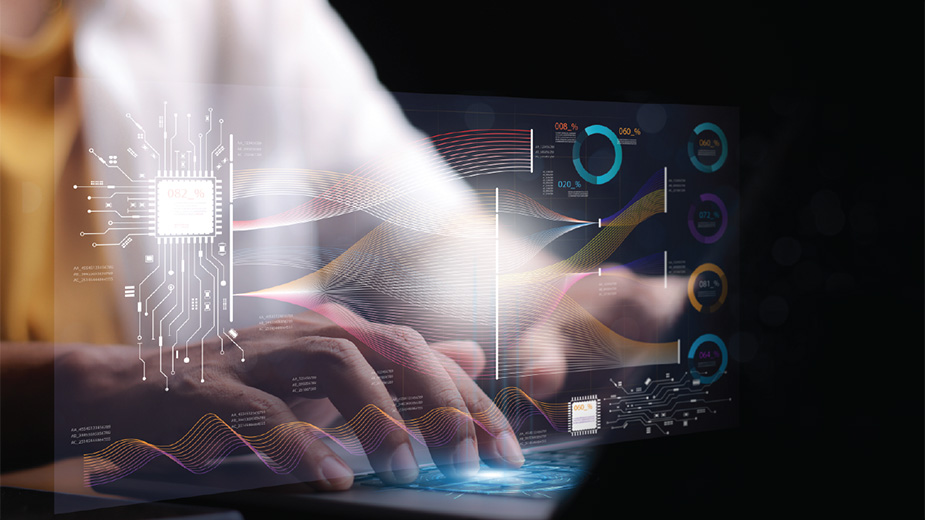By Brian Kennedy, Eileen Yam, Emma Kikuchi, Isabelle Pula and Javier Fuentes
Pew Research Center
Artificial intelligence tools are now playing a role in many aspects of life and society, spanning politics, the arts, work and beyond. While Americans express some openness to AI’s potential benefits, they’re concerned about its impact on some human abilities, according to a new Pew Research Center survey.
U.S. adults are generally pessimistic about AI’s effect on people’s ability to think creatively and form meaningful relationships: 53% say AI will worsen people’s ability to think creatively, compared with 16% who say it will improve this. An identical share (16%) says AI will make this skill neither better nor worse.
Far more say AI will worsen rather than improve people’s ability to form meaningful relationships (50% compared with 5%). One-quarter say AI won’t make this better or worse.
Americans are relatively more optimistic about AI improving problem-solving: 29% of U.S. adults say it will make people better at this skill. Still, a larger share (38%) says AI will make this worse.
Notably, sizable shares of U.S. adults are uncertain about these questions. Between 16% and 20% say they aren’t sure about whether AI will have a positive or negative impact on these human skills.
AI Awareness and Attitudes
Americans are forming impressions of AI at a time when nearly all U.S. adults (95%) say they have heard at least a little about it.
Overall, Americans continue to be wary about its broader impact:
50% say they’re more concerned than excited about the increased use of AI in daily life, up from 37% in 2021.
10% are more excited than concerned.
38% say they’re equally excited and concerned.
In their own lives, about 6 in 10 say they’d like more control over how AI is used, compared with 17% who are comfortable with their amount of control and 21% who are unsure. Still, nearly three-quarters say they’d be willing to let AI assist at least a little with day-to-day tasks and activities.
Detecting Content Created by AI Versus Humans
Related to Americans’ desire for more control over AI’s use, most Americans (76%) say it’s extremely or very important to be able to tell if pictures, videos and text were made by AI or people. But 53% of Americans are not too or not at all confident they can detect if something is made by AI versus a person.
Views on AI Playing Different Roles in Society
Similar to Americans’ concern about AI’s effect on people’s ability to form meaningful relationships, they largely do not see a role for AI in personal aspects of life such as matchmaking or religion. But there’s some receptiveness to AI doing heavy analytical tasks in the scientific, financial and medical realms.
Majorities say AI should play at least a small role in:
Forecasting the weather (74%).
Searching for financial crimes (70%).
Searching for fraud in government benefits claims (70%).
Developing new medicines (66%).
Identifying suspects in a crime (61%).
And slightly less than half (46%) say this about AI providing mental health support to people.
In contrast, about two-thirds say AI should play no role in judging whether two people could fall in love. An even larger share (73%) says AI should play no role in advising people about their faith in God.
Notably, no more than about one-third of Americans say AI should play a big role in any of the areas that were asked about.
The full report can be viewed HERE.
Pictured at top: Photo via SmileStudioAP.
Related
